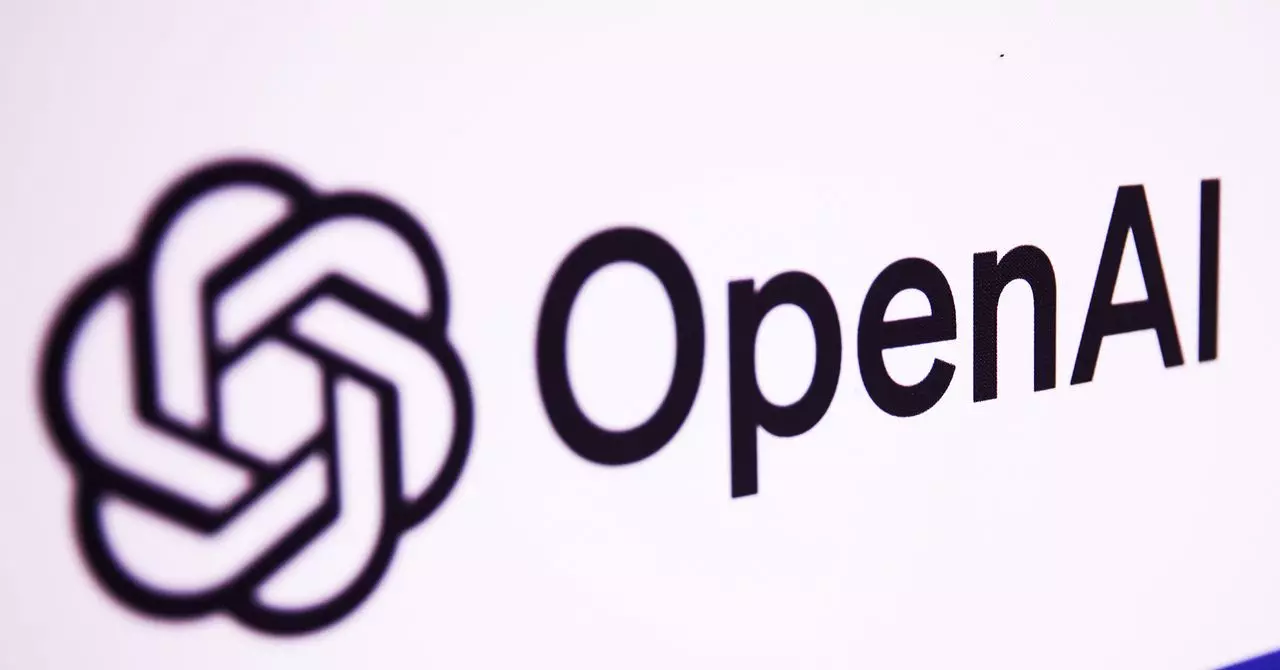The competition for elite artificial intelligence researchers has reached unprecedented heights, with Silicon Valley tech titans fiercely battling to secure the brightest minds shaping the future of AI. Recent developments have spotlighted a particularly aggressive talent raid by Meta, led by Mark Zuckerberg, targeting OpenAI’s top researchers. This ongoing tussle exposes both companies’ mounting anxiety over human capital in an industry where expertise is scarce, and innovation moves at lightning speed.
Mark Chen, OpenAI’s chief research officer, recently issued a heartfelt memo signaling the company’s recognition of the threat posed by Meta’s recruitment efforts. Chen likened the experience to a personal violation — as if “someone has broken into our home and stolen something.” This metaphor vividly communicates the frustration and urgency felt by OpenAI leadership as they grapple with losing critical team members to a direct rival promising lucrative compensation packages.
Meta’s Aggressive Approach: The $100 Million Signing Bonus
Meta’s tactics have raised the stakes in this competition. Reports indicate the social networking giant has dangled massive financial incentives—reportedly up to $100 million—to lure OpenAI’s senior researchers. Combining financial largesse with personalized outreach, Zuckerberg himself has become a lead ambassador in recruiting efforts, illustrating how high the personal importance of this talent war is at the very top levels of tech leadership.
This unprecedented level of compensation offers illustrates a deeper shift in how tech companies view AI expertise. No longer is talent simply recruited on merit and cultural fit; it has become a corporate battleground where the most gifted researchers are treated as strategic assets worth multimillion-dollar bids. The scale of these offers compels us to examine the potential implications—not just on company dynamics but on the long-term direction of AI research.
OpenAI’s Response: Balancing Aggression with Fairness
In response, OpenAI has ramped up efforts to counter these poaching attempts. Chen emphasized that company leadership, including CEO Sam Altman, is working around the clock to engage those who might be considering offers elsewhere. OpenAI promises to recalibrate compensation packages and to innovate new ways to reward and recognize talent beyond mere salary increments.
However, Chen’s letter also conveyed an ethical stance rarely publicly acknowledged in talent wars: a commitment to fairness. While OpenAI is determined to keep every valuable team member, it resists disproportionate compensatory escalation that might undermine internal equity or workplace culture. This suggests OpenAI is attempting to strike a delicate balance—intensifying efforts to compete financially while preserving organizational values and fairness among employees.
The Cultural and Strategic Undercurrents
Beyond compensation, culture remains a defining factor in this contest. Sources indicate that although rival companies such as Anthropic are fierce contenders in AI research, Meta views them as less culturally aligned for its team than OpenAI or Google alumni. This cultural compatibility could be crucial, as it affects not only retention but also collaboration and creative output within research teams.
Moreover, Meta’s clear intention to build a “superintelligence lab” hints at a broader strategic ambition: to transform the social media giant into an AI powerhouse capable of rivaling established leaders. This push reshapes how we think about the evolution of tech companies and their willingness to invest heavily—not just in infrastructure and technology, but in the human genius driving innovation itself.
The Human Dimension Amid the Corporate Clashes
The intense pressure on individual researchers facing exploding offers and high-stakes decisions highlights often overlooked human dimensions in this battle. A research team leader’s message advising staff to resist coercive recruitment tactics reflects a rare acknowledgment of the emotional weight on those at the center of the conflict. Making career decisions under immense financial and social pressure can be daunting, with profound implications for individuals’ sense of agency and well-being.
In a time where AI shapes not just products but the future of society, this war for talent reminds us that technology is ultimately driven by people. Winning the race to lead AI advancements is inseparable from winning the hearts and minds of those who engineer it—requiring companies to navigate not only dollars and strategy but ethics, fairness, and respect for human agency.

